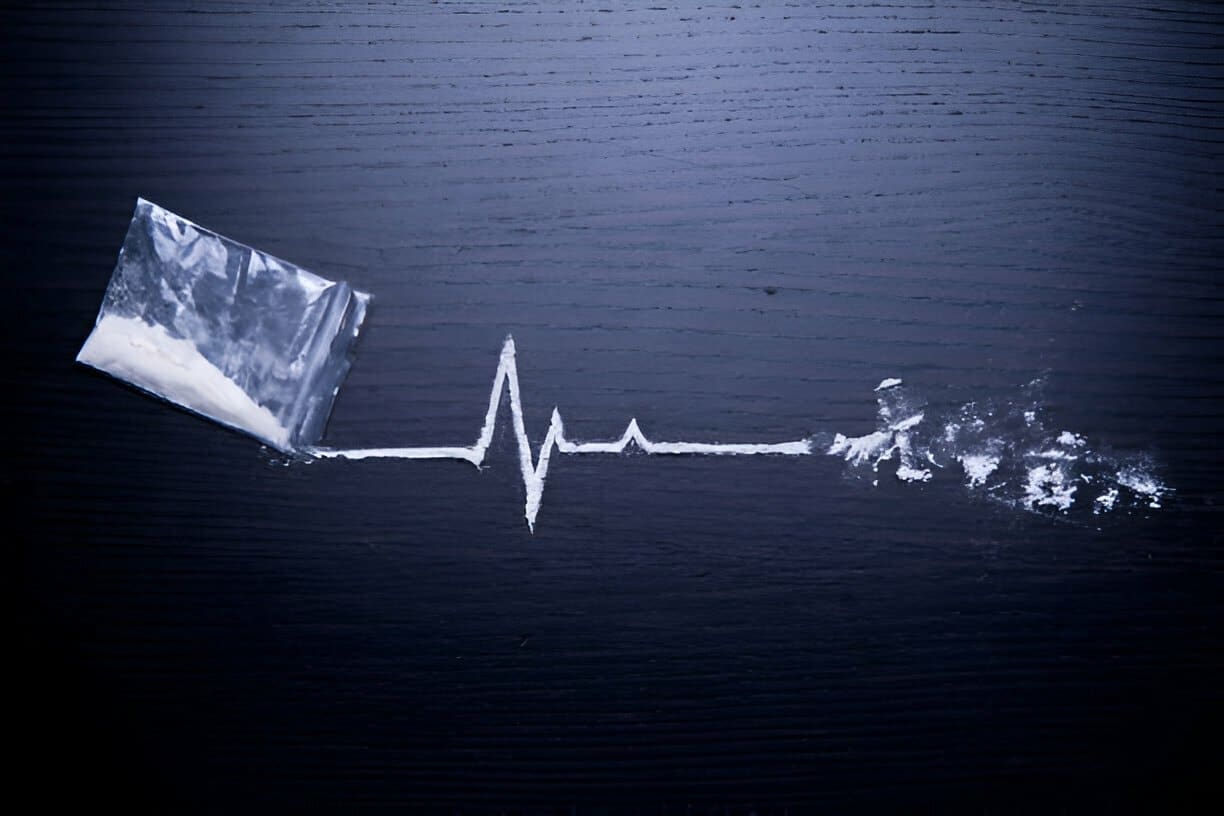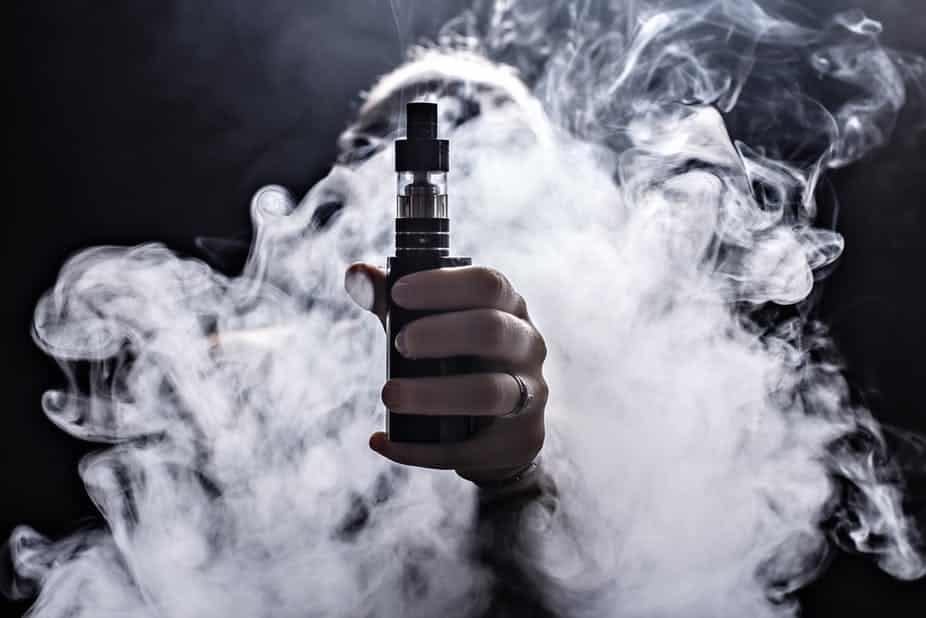Start exploring drug and alcohol rehabs today. Treatment providers are available to answer your questions.
Ice is a crystal form of methamphetamine hydrochloride. Methamphetamine is a stimulant that affects the central nervous system. It increases alertness, energy levels and physical activity.
Methamphetamine is a stimulant that has become increasingly popular in recent years. It was originally developed as a treatment for obesity, but its effects are far more powerful than those of diet pills. Users report feeling ‘high’ after taking just one hit of the drug, and many users find themselves unable to stop using once they start. Methamphetamine is a highly addictive drug.
Methamphetamine is an illegal Class A Drug in the United Kingdom. Possession and supply are both offences under the Misuse of Drugs Act 1971. Anyone caught supplying Ice to another person will face up to 14 years in prison.
Ice is made by heating pseudoephedrine in an alkaline solution until it melts into a clear liquid called ‘meth oil’. This process produces a white powder that can be smoked, snorted, injected or swallowed.
Ice, also known as crystal meth, has nicknames like crystal, glass, glassine, glassy, glassy-white, Go-Fast, Hanyak, Hiropon, Hot Ice.
Ice works by increasing levels of dopamine in the brain. Dopamine is a natural chemical released by nerve cells when they communicate with each other. This chemical plays an important role in regulating moods and emotions. When you smoke ice, it sends messages to your brain telling it to release more dopamine than usual. This makes you feel happier and more alert.
When you consume ice, it goes directly into your bloodstream where it acts like amphetamine and increases blood flow to the brain. The effects last for up to two hours.
Ice prevents the reuptake of certain transporter proteins found in nerve cells. These proteins are in charge of clearing the synaptic cleft of excess neurotransmitters.
The quantity of neurotransmitters accessible at synapses rises when they are inhibited. As a result, the neurons fire quicker and more frequently. Messages are sent throughout the body as a result of the increased firing. Hormones and enzymes are released in response to it. It also causes the release of dopamine, a feel-good chemical.
Furthermore, Ice inhibits the reuptake of transporters in the pleasure centres of the brain. This prolongs the passage of dopamine via certain locations. Users report sensations of pleasure and energy as a consequence.
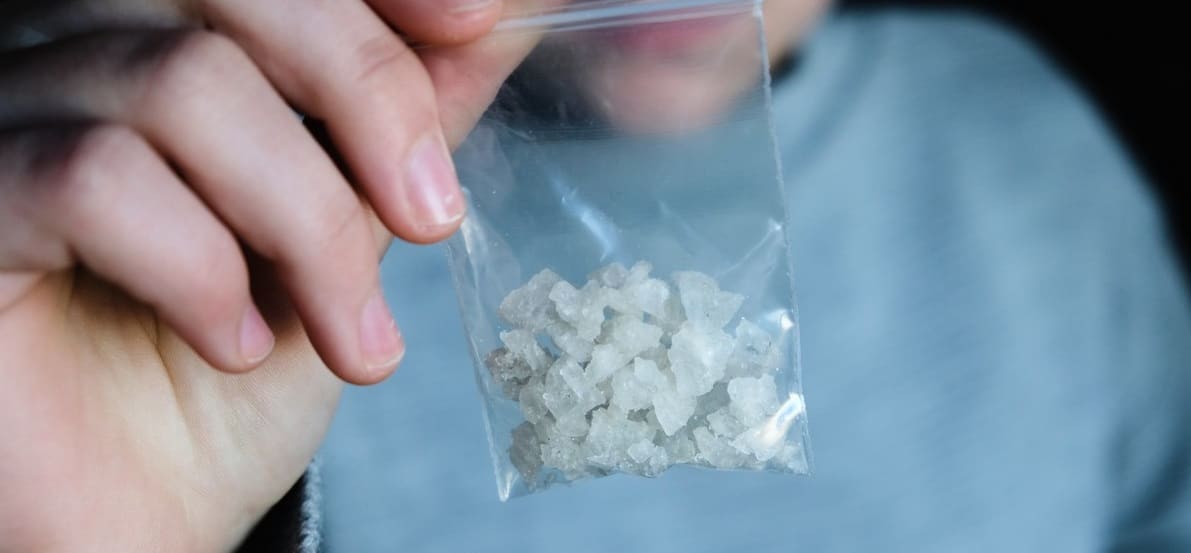
Ice is a crystal form of methamphetamine hydrochloride. The term crystal meth was first coined in the 1970s. The name comes from the fact that the drug looks like tiny crystals.
Methamphetamine is a powerful central nervous system stimulant. It affects the way the brain functions by causing the release of certain chemicals called neurotransmitters. In addition, it increases the amount of serotonin in the brain. Serotonin is a naturally occurring chemical that helps regulate mood and sleep patterns.
Amphetamine is another type of stimulant that is also known as speed. Amphetamines are synthetic drugs that have been designed to mimic the effects of adrenaline. They are commonly found in tablets and pills.
Crystal methamphetamine addiction is a bit different from amphetamine addiction because the drugs’ effects are stronger and they last longer than those from amphetamines. It is also cheaper to make than amphetamine, being possible to produce in what is known commonly as meth labs.
Addiction is defined as compulsive substance use despite negative consequences.
Ice is a stimulant drug that affects the body’s ability to produce dopamine. Dopamine is a natural hormone that produces feelings of pleasure.
An addict will continue using drugs even if they know that they are causing harm to themselves or others. People who take Ice often feel euphoric or energetic. However, this feeling does not last very long.
After a while, users experience withdrawal symptoms such as restlessness, irritability, anxiety, insomnia, depression, weight gain, sweating, shivering, nausea, vomiting and cravings.
Ice Addiction is a serious problem that needs immediate attention. Call us on 0800 999 1083 to discuss treatment options.
The signs and symptoms of Ice addiction vary from person to person.
However, most people who are addicted to ice show some of the following symptoms:
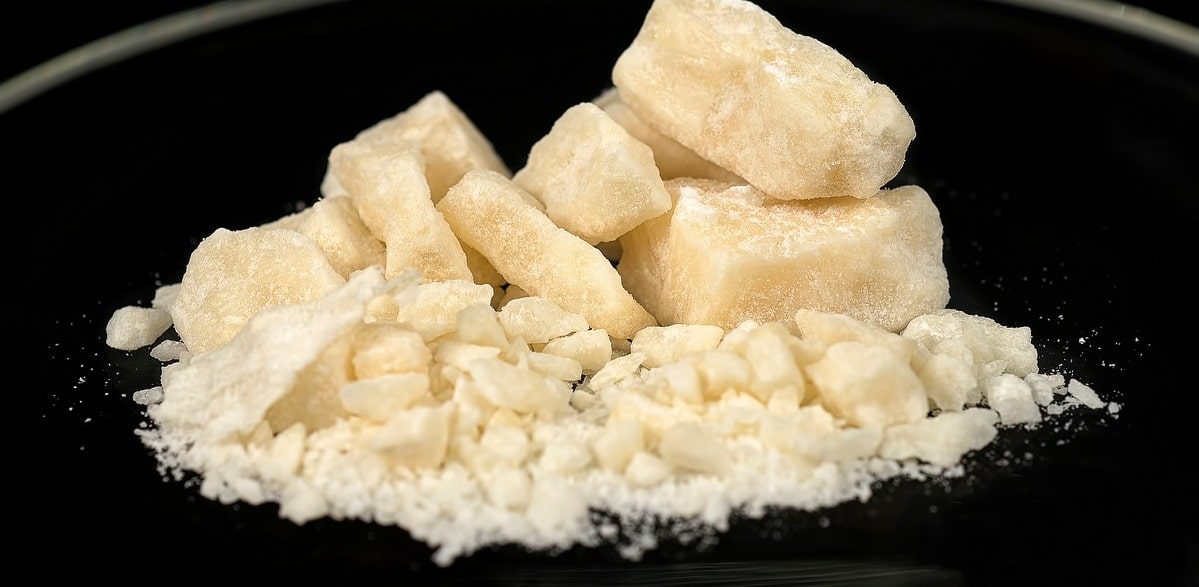
Tolerance means that you need more of the same substance to feel its effect. When you abuse Ice, you’ll develop a tolerance to the drug. This is one of the main factors that contribute to the development of an Ice addiction.
You may experience tolerance in one or more of the following ways:
A person with physical dependence on Ice needs the drug to function normally. Without Ice, their mood can change rapidly from happy to depressed and back again. Their sleep patterns can also be affected.
Some of the most common physical symptoms associated with ice addiction include:
When someone is addicted to Ice they experience physical withdrawal symptoms when they stop using the drug. These symptoms usually last for several days after they have stopped using ice. The severity of these symptoms varies from person to person. Some people will experience only mild symptoms while others may suffer severe withdrawal symptoms.
They include:
Psychological addiction occurs when a person feels compelled to use ice even though it makes them feel unwell. They will continue using ice even if they know that it is causing them harm.
People who are addicted to ice tend to experience psychological symptoms, such as:

Addicted people often exhibit behavioural changes. They may be unable to control their drug habits and act out in aggressive ways. They may also engage in risky behaviours such as unprotected sex and driving under the influence of drugs.
Ice Addiction is a serious problem that needs immediate attention. Call us on 0800 999 1083 to discuss treatment options.
Ice is a highly addictive drug, and people who continue to use it have a significant risk of developing an addiction. The rate at which people develop an addiction to crystal meth is determined by a number of factors, including how they use the drug. Those who smoke or inject it have a faster onset of pleasure and are more likely to abuse the substance. They’re more likely to keep using the drug to get the same high, and they’re more likely to become hooked much faster than those who snort it.
Other factors also play a role in whether a person will become addicted to Ice, including:
Genes play a significant part in determining an individual’s likelihood of becoming addicted. Those who come from a family of Ice addicts are more likely to be affected than those who don’t.
Quality of life, friendships and relationships can all increase the risk of addiction.
People who have stressful jobs, families with financial troubles, or strained relationships tend to turn to crystal meth.

Peer pressure refers to the influence that friends and family members have on each other.
If you see others using Ice, you may want to try it too.
Availability means having access to the substance. Many people can get their hands on crystal meth easily. If you don’t have money or a job, you may resort to stealing to buy Ice.
Those who have issues with their mental health are more likely to be affected by addiction than those who do not.
People who have experienced trauma may develop post-traumatic stress disorder. PTSD is characterised by flashbacks, nightmares, and other symptoms.
Trauma can occur when a person experiences something extremely frightening or painful.
Experiencing Traumatic events during childhood has been linked to a higher risk of developing an addiction.
Ice addiction can be caused by psychological factors such as:
Those who try drugs at a young age are much more likely to be affected by addiction in later life than those who do not.
It is important to remember that not everyone at a high risk of addiction will go on to develop this illness. The above risk factors have been demonstrated in studies to increase the likelihood of a person being impacted, but they do not guarantee it. Some people who have none of the risk characteristics will still be affected, while others who have all of the risk factors will never get addicted.
Ice Addiction is a serious problem that needs immediate attention. Call us on 0800 999 1083 to discuss treatment options.
The dangers and effects of Ice abuse vary depending on the amount of the drug consumed.
Don’t go through the process of recovery alone. Treatment providers can answer your questions. Get in touch with one today.
Call 0800 999 1083 today!
When you use Ice, it will make you feel incredibly high. You may experience extreme energy, increased feelings of happiness and excitement, and a feeling of being invincible. It can also cause hallucinations, paranoia, anxiety, insomnia, rapid heart rate (that increases the risk of heart attack), tremors, seizures, convulsions and even death. The effects last longer than those from other drugs like cocaine.
At high doses, Ice can lead to psychotic episodes which may result in hallucinations and delusions. In extreme cases, it can even trigger seizures.

Long-term Ice usage produces several detrimental health effects, changing not only the physical appearance but also your behaviour and mood. These effects include excessive weight loss, severe dental issues (“meth mouth”), anxiety, disorientation, sleeplessness, mood swings, and aggressive behaviour.
Damage to brain blood arteries, increased blood pressure, increased heart rate, cardiovascular disease, liver damage, lung damage, severe tooth decay, depression and early death are among the long-term harmful side effects of this addiction.
Abusing Ice changes the way the brain works. It alters the structure of the brain cells and damages the nerve endings. As a result, the person may have trouble thinking clearly, concentrating, and remembering things. Their ability to learn new skills is also affected. In addition, crystal meth affects the parts of the brain responsible for regulating sleep patterns and appetite. This leads to insomnia, overeating, and weight gain.
A person who has been abusing Ice may have a chemical imbalance in the brain. As a result, the brain will be unable to function properly. The brain becomes damaged because of the constant release of these chemicals. The brain starts to shrink and eventually dies. It is estimated that one out of every ten people who abuse Ice will die from this disease.
Ice has the capacity to destroy lives. Those who use it suffer both short- and long-term consequences. Many users will experience a crashing comedown when the first effects fade off since they are so intense and overwhelming. Furthermore, because it is so difficult to treat, many addicts will die as a result of their addiction.
Ice Addiction is a serious problem that needs immediate attention. Call us on 0800 999 1083 to discuss treatment options.
An Ice overdose can cause severe physical and psychological symptoms. The following list describes some of the signs of an Ice overdose:
IIf you’re experiencing any of the symptoms of and Ice overdose, please call 999 immediately.
The link between Ice (crystal meth) and suicide has been well documented in recent years. In fact, according to research published in the British Journal of Psychiatry, crystal meth users were found to be three times as likely to commit suicide than non-users.
Research also shows that those who take Ice are twice as likely to attempt suicide as other drug users. This is because Ice affects the brain’s reward centre, which controls feelings of pleasure and happiness. When this part of the brain is affected, the user becomes less happy and more depressed.
In addition, Ice users often experience hallucinations, paranoia and delusions. They may believe that others are out to harm them or that they are being followed. All these factors make crystal meth users very dangerous.
If you’re thinking of harming yourself, please Call 0800 999 1083 immediately. There is help available and you’re life is worth living.
Mental health problems are common amongst Ice addicts. These include depression, anxiety, panic attacks and schizophrenia. Other mental illnesses such as bipolar disorder and borderline personality disorder are also linked with Ice addiction.
Many people who abuse Ice also suffer from other co-occurring disorders. For example, some people who use Ice also struggle with eating disorders like anorexia nervosa and bulimia. Others develop obsessive-compulsive disorders or post-traumatic stress disorder.
Some people who use Ice go on to develop psychotic symptoms. This includes hearing voices telling them to hurt themselves or others, seeing things that aren’t really there, or believing that they are being followed by strangers.
These symptoms are known as psychosis. Psychosis is a serious condition that requires immediate medical attention. If left untreated, it can lead to hospitalisation or even death.
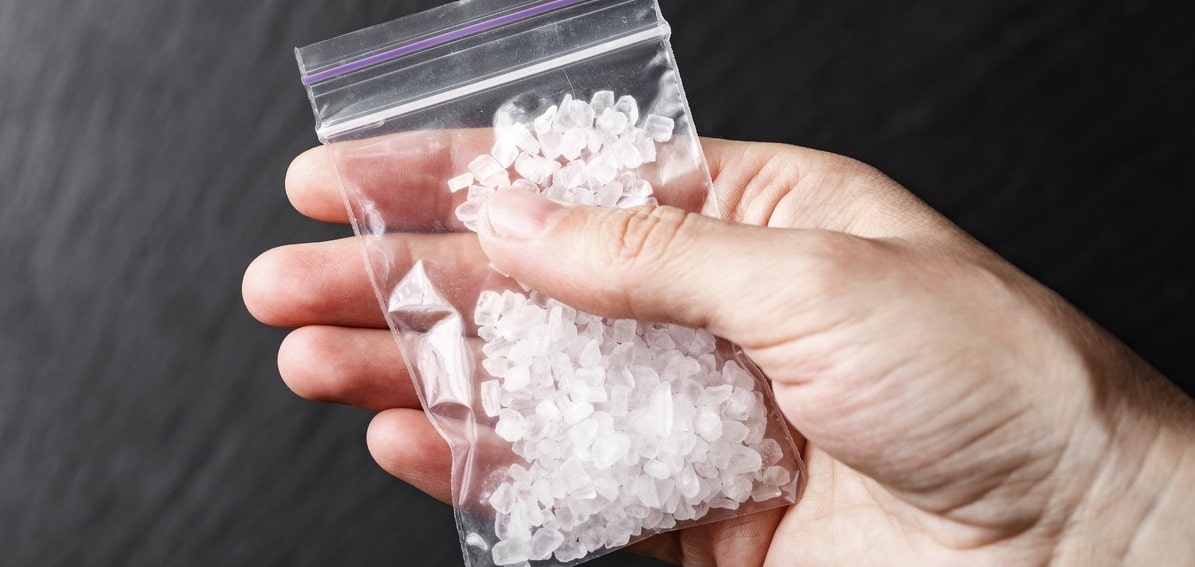
A dual diagnosis is a term used to describe a person who suffers from two different psychiatric conditions. A dual diagnosis usually refers to a combination of a substance use problem and a mental illness.
People suffering from a dual diagnosis often experience difficulties in their recovery because their addiction and mental health issues affect each other.
Those who abuse drugs such as cocaine, heroin or crystal meth will often have a history of mental illness.
Mental health patients often turn to Ice when they feel depressed or anxious. They believe that this will give them energy and relieve their negative feelings.
However, Ice can cause depression and anxiety. It can also trigger psychotic episodes in vulnerable individuals.
In fact, research has shown that people who take crystal meth are more likely to commit suicide than those who don’t use the drug.
This is why it is so important to seek help if you are experiencing mental health problems or have suicidal thoughts.
Ice Addiction is a serious problem that needs immediate attention. Call us on 0800 999 1083 to discuss treatment options.
Teenagers who abuse ice are often referred to as ‘ice babies’. These teenagers develop an early dependency on the drug and begin to use it before they reach adulthood.
They often start taking the drug to cope with problems in their lives. For example, they might be unhappy at home, bullied at school or struggling to fit into society. When teens first try ice, they often think that they are not addicted to the drug. However, they soon realise that they cannot control their use of the drug.
As a result, they become dependent on Ice. They then suffer withdrawal symptoms when they try to cut down or stop using ice. Some teenagers steal money, cars or commit crimes in order to fund their habit. Teenagers who abuse crystal meth are often unable to hold down jobs or attend university. They also struggle to maintain relationships with friends and family members.
It’s easy to believe that you’re immune to the dangers associated with crystal meth abuse. But the truth is that even though you might think you’re safe, there are still plenty of reasons why you shouldn’t take the risk.
Ice Addiction is a serious problem that needs immediate attention. If you suspect that someone close to you has an ice addiction, call us on 0800 999 1083 to discuss treatment options.
We can offer you support and advice on how to deal with this issue.
You may wonder if your child or partner has an ice addiction. Here are some signs that they could have a problem:
Ice Addiction is a serious problem that needs immediate attention. Call us on 0800 999 1083 to discuss treatment options.
There are several treatment options available for ice addiction. These include:
Detoxification is the first step towards recovery from any type of drug addiction.
During this stage, the body is cleansed of all traces of the drug. It is essential that any medications taken prior to starting treatment are continued throughout the process. Medications used to treat the symptoms of ice addiction should not be discontinued without consulting a doctor first.
The length of time required for detox depends upon how long you have been abusing the drug. However, there is no set timeframe for completing the process. Most people require between one week and three weeks to complete the detox phase.
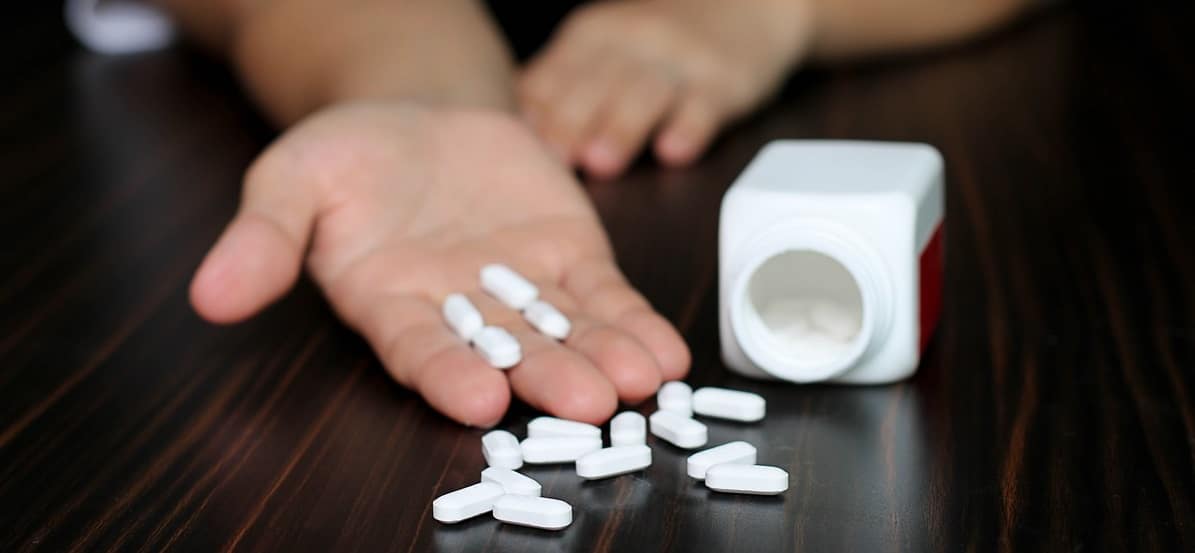
When a person undergoes detoxification, they may experience unpleasant physical effects. These side effects include nausea, vomiting, headaches, muscle aches and tremors. The most serious side effect of ice addiction detox is delirium tremens.
Delirium tremens occurs when a person withdraws from ice and experiences hallucinations. People suffering from this condition often have difficulty remembering things. If left untreated, delirium tremens can lead to death.
They may also suffer from paranoia, anxiety and confusion.
When treating ice addiction, doctors prescribe certain medications to reduce withdrawal symptoms and ease intense drug cravings.
These medications are called pharmacological treatments. Pharmacological treatments work best when combined with other forms of treatment such as psychotherapy and behavioural therapies.
Many people addicted to ice take antidepressants to manage depression.
Depression is one of the most common co-occurring conditions among people with substance abuse disorders.
Although there is evidence that antidepressants can help people quit smoking, there is little research into whether they can help people stop using ice.
A study published in 2009 found that antidepressants were effective in reducing craving and increasing abstinence rates.
Benzodiazepines are sedative medications commonly prescribed for insomnia. They also act as an anxiolytic.
People often use benzodiazepines to deal with the anxiety caused by withdrawing from ice.
The risk of developing a dependence on benzodiazepines increases with repeated use. This makes them unsuitable for long-term treatment.
Long-acting benzodiazepines like diazepam and alprazolam are particularly dangerous.
Short-acting benzodiazepine drugs like lorazepam , temazepam and triazolam are considered safer alternatives.
Once a person has successfully completed an initial detoxification programme, they can begin rehabilitation.
Rehabilitation helps a person recover by teaching them how to deal with the psychological and emotional consequences of addiction.
Treatment for ice addiction varies depending on the severity of the problem and the individual needs of each patient. For example, some patients are treated with medications while others receive psychotherapy.
Medication therapy is used to treat both acute and chronic cases of ice addiction. Acute cases involve short-term treatment lasting less than six months. Chronic cases last longer and require long-term treatment.
Psychotherapy is used to address the underlying issues that contribute to addiction.
Most programs combine medication therapy with psychotherapy.
Outpatient treatment is usually more affordable than inpatient treatment.
It requires fewer resources and allows people to continue working during their treatment.
However, outpatient treatment does not provide 24/7 supervision.

Inpatient treatment offers round-the-clock care. Inpatient treatment provides intensive care and counselling services. As a result, it is typically more expensive than outpatient treatment. In addition, it allows people to focus solely on recovering from their addiction.
Some people prefer inpatient treatment because they feel safer knowing that they will be under constant medical supervision. Others find it easier to stick to a strict schedule if they are staying at a facility. Either way, inpatient treatment is recommended for those who have significant health problems.
Both options offer similar benefits but differ in terms of cost, length of stay and availability.

Psychotherapy is a type of talk therapy where a trained professional helps patients identify and change negative thoughts and behaviours.
There are many different types of psychotherapies including cognitive behavioural therapy, dialectical behavioural therapy, solution-focused brief therapy and motivational interviewing.
The purpose of cognitive-behavioural therapy is to alter detrimental thought patterns and behaviours. CBT teaches patients to learn to recognise and replace harmful thinking with more healthy emotions. CBT, for example, will train you to think positively instead of ruminating on previous failures.
Cognitive behavioural therapy techniques could involve learning relaxation exercises, coping strategies and problem-solving skills.
People who struggle with Ice addiction often benefit from counselling.
One important step in treating Ice addiction is participating in individual counselling sessions. During these sessions, therapists will go over your Ice use history.
Counselling can assist you in gaining a better understanding of why you began taking Ice and how to address any underlying issues that contributed to your addiction. Counsellors can also help with developing coping skills and methods to avoid relapsing into substance misuse.
Individual members of the family are not the focus of family therapy. This therapy strategy tries to increase communication among all family members by examining interactions between family members.
Family therapy enables family members to discuss the addict’s problem openly with one another. It also enables parents to comprehend their part in the development of the addiction.
Don’t go through the process of recovery alone. Treatment providers can answer your questions. Get in touch with one today.
Call 0800 999 1083 today!
After completing rehab, a person is better equipped to cope with stress and handle difficult situations.
They can now aim to start living a productive and fulfilling life without having to rely on drugs for comfort. However, recovering is a continuous process that takes time, sometimes being a lifelong commitment. After rehab, it’s important to keep participating in support groups or recovery programs to help cope with the challenges of returning to a life without drugs.

12 step programmes offer a secure environment for people to share their stories and learn from one another. Triggers, cravings, relapse prevention, and coping skills are among the topics discussed by group participants.
These organisations gather on a regular basis to address their issues and make atonement for previous errors.
Group support gives people the opportunity to share experiences and build friendships. Groups provide a safe environment where people can talk openly about their problems. Support groups can be helpful when trying to stop using ice and for people recovering from treatment or rehab.
Ice Addiction is a serious problem that needs immediate attention. Call us on 0800 999 1083 to discuss treatment options.
Following treatment, you will have achieved sobriety and will have been equipped with several critical skills that you can use to avoid relapse and build a better life once you leave rehab. However, you must remember that recovery is a continuous process that will require you to navigate through numerous temptations and other obstacles and remain attentive and dedicated to abstinence and a healthy lifestyle. Good treatment facilities generally provide up to a year of aftercare as part of their treatment programme to make recovery simpler.
Holistic therapies have been known to reduce stress levels and are therefore the perfect complementary therapy for treating those with symptoms of depression and anxiety. They help improve your overall sense of well-being and can reduce cravings, and prevent relapse when you return to everyday life.
Addiction is a chronic condition that requires long-term treatment. Relapses are common during recovery and relapse prevention is important. Sometimes recovery is a lifelong journey, requiring commitment and patience.
There are many ways to prevent relapses:
Ice Addiction is a serious problem that needs immediate attention. Call us on 0800 999 1083 to discuss treatment options.
According to the Office for National Statistics, over 1,000 people took their own lives in England and Wales in 2010. Of these, nearly half had used crystal meth before taking their life.
This figure was even higher among young adults aged 15–24. One study showed that almost 70% of young men who committed suicide had used crystal meth within the last month.
It is estimated that around 10 million people in the UK regularly use crystal meth. It is easy to obtain and cheap to buy. This makes it extremely attractive to many people.

BACP accredited psychotherapist with 16 years experience working in mental health specialising in psychodynamic person-centred therapies treating those with a range of mental health disorders including anxiety, depression, OCD and Addiction.

Fill in your details and we’ll send you a message via SMS.

When ice is combined with other substances, such as over-the-counter or prescribed medications, the results can be unpredictable and dangerous. It's also especially dangerous when ice is mixed with:
- Speed or ecstasy: puts a tremendous amount of strain on the heart and other sections of the body, potentially leading to stroke.
- Alcohol, cannabis, or benzodiazepines: ice's stimulant properties might disguise the effects of depressant drugs creating a massive strain on the body, highly increasing the risk of overdose.

No matter where you live, there are drug and alcohol rehab options for you to discover. Treatment providers are waiting to answer your questions. Get started today.

Ever felt that gnawing ache or burning sensation in your gut after a night of drinks? You’re not alone. Stomach pain after drinking is a common complaint, and there are a few reasons why it might happen. Let’s delve into the science behind the discomfort and explore ways to soothe your stomach. The Irritating Truth: … Continued

Cocaine, a stimulant known for its short-lived burst of energy and euphoria, hides a dark side. Behind the initial high lies a dangerous potential for overdose, with severe health consequences and even death. This article delves into the world of cocaine overdose, equipping you with the knowledge to recognize the signs, understand the dangers, and … Continued

Adult smoking habits in the UK refer to how often and in what ways people aged 18 and above use tobacco. This includes everything from smoking cigarettes every day to occasionally lighting up, as well as using other tobacco products. Understanding these habits is important for several reasons: Public Health: Smoking causes many diseases that … Continued

Addiction in the UK is a complex issue that is connected to various aspects of society such as healthcare and law enforcement. It affects people from all backgrounds and has negative impacts on families, communities, and the entire nation. Understanding addiction involves not only looking at the uncontrollable use of substances and repetitive behaviors but … Continued

Don’t go through the process of recovery alone. Treatment providers can answer your questions. Get in touch with one today.
Call 0800 999 1083 today!






